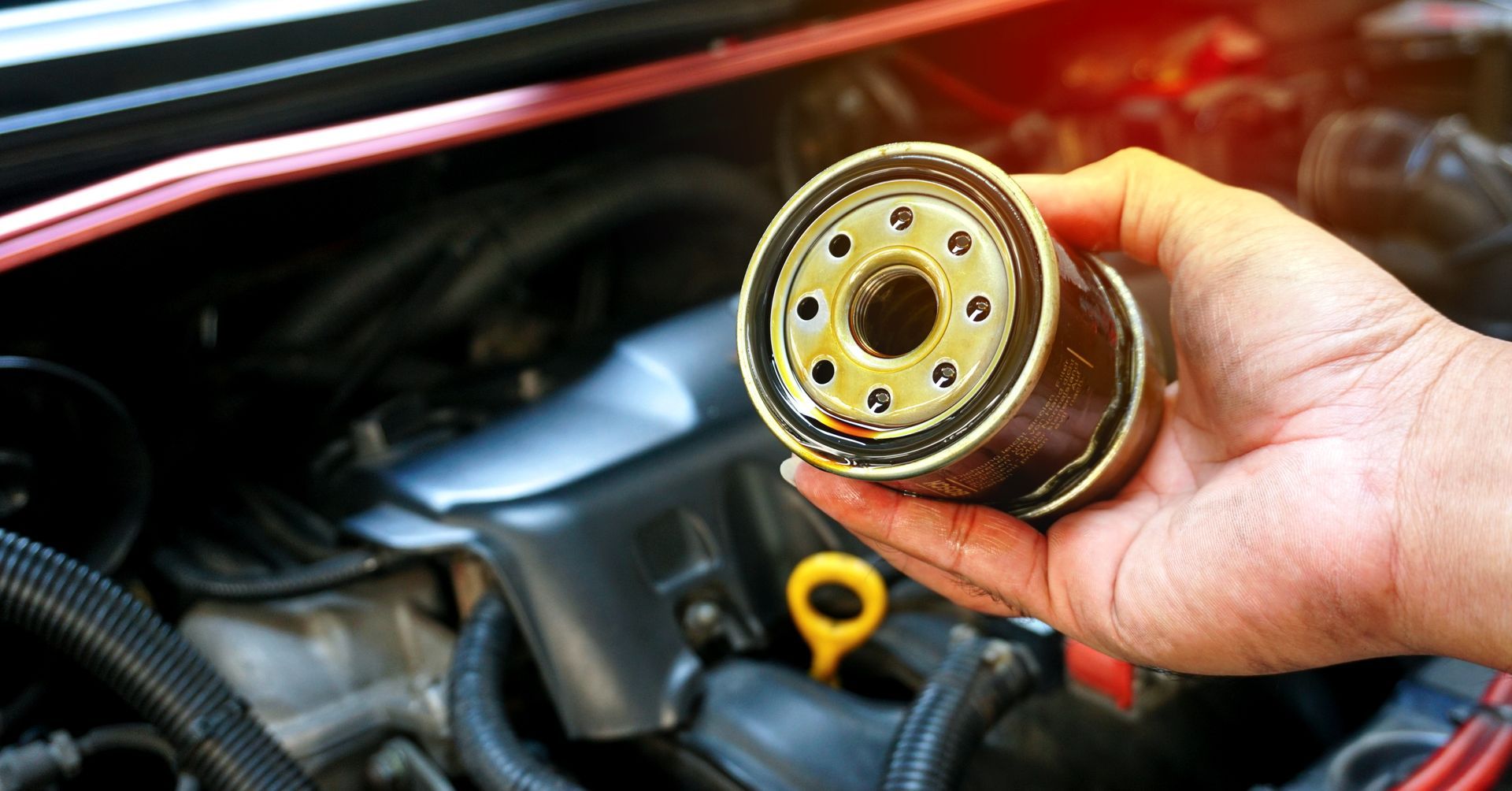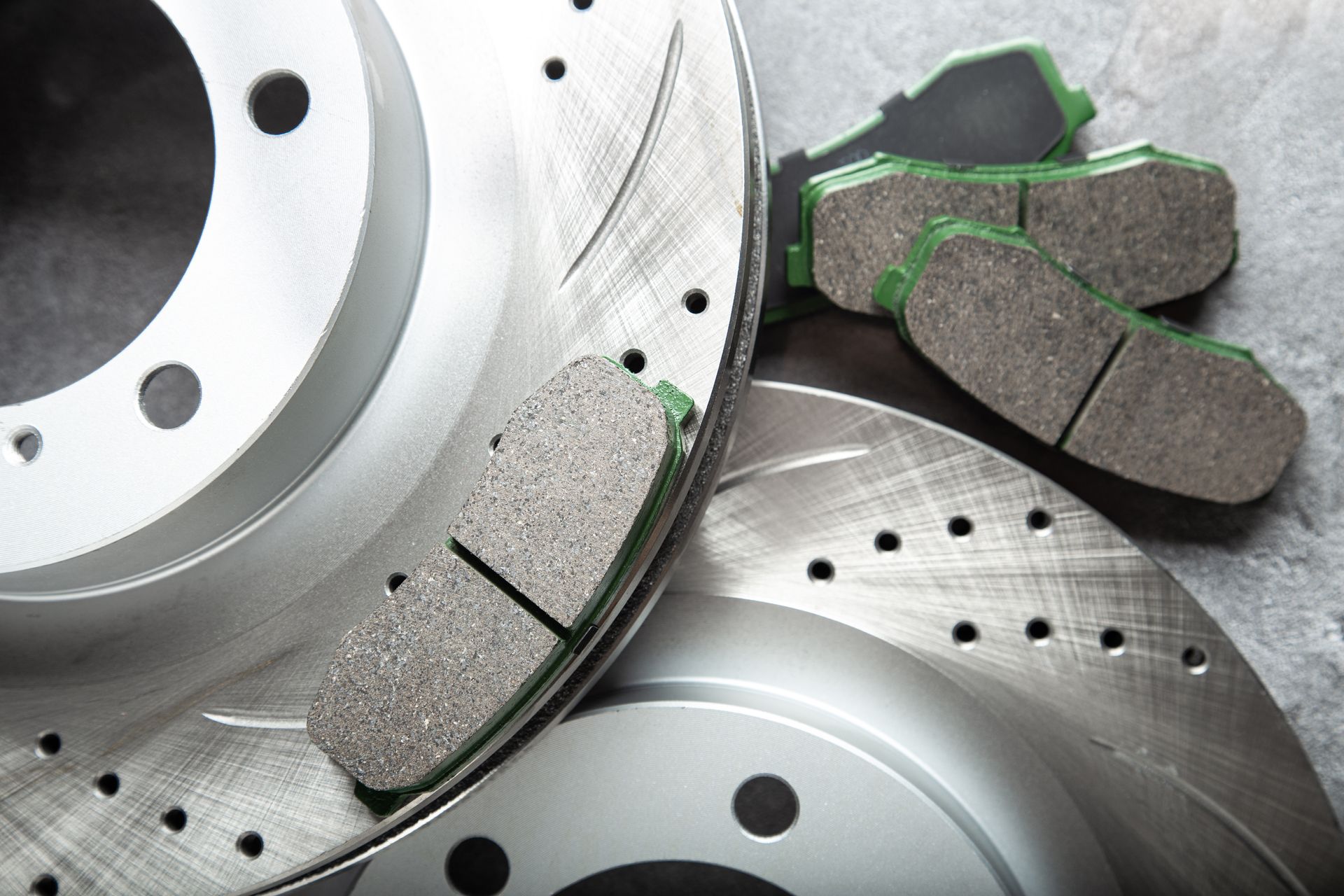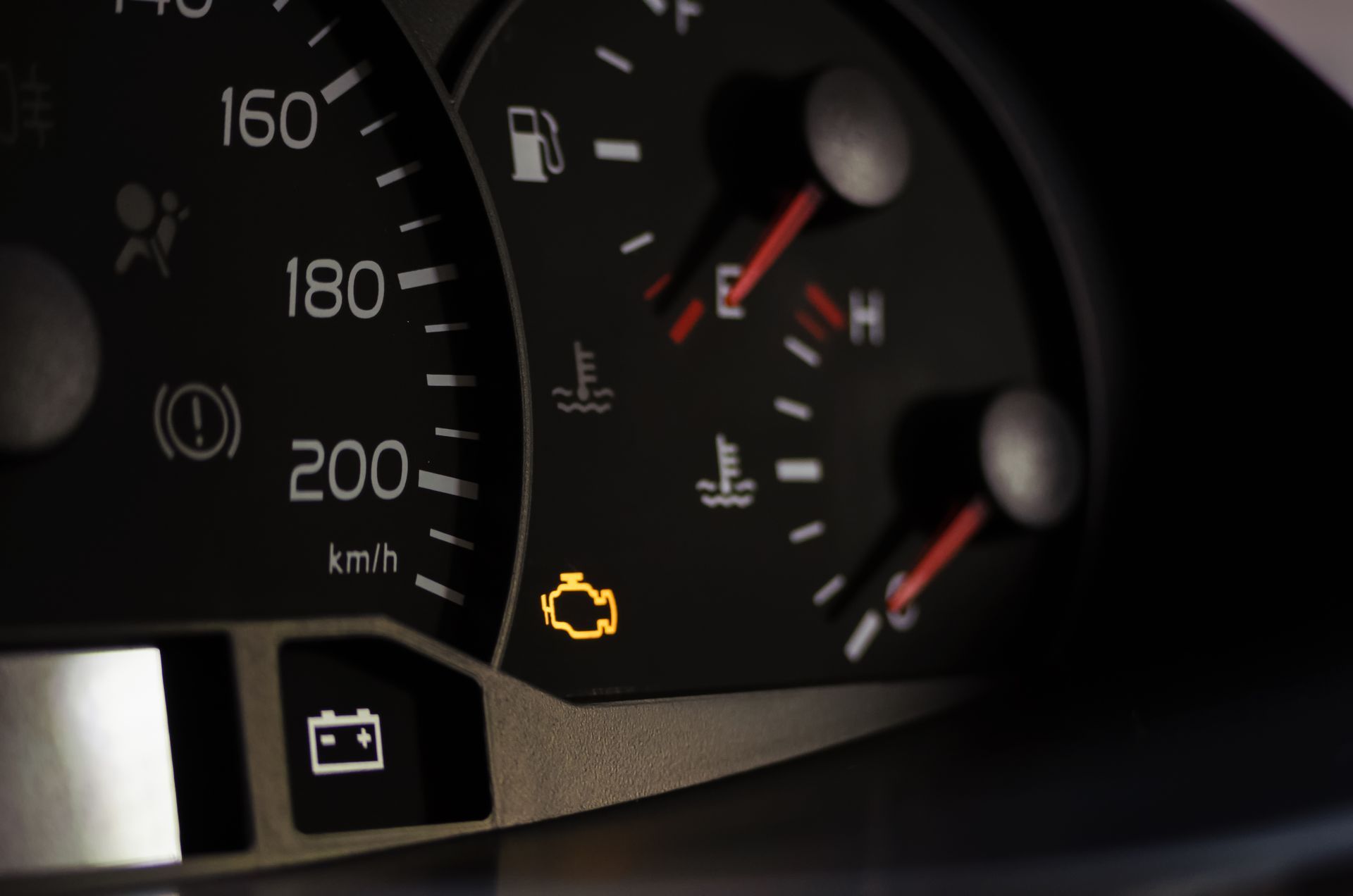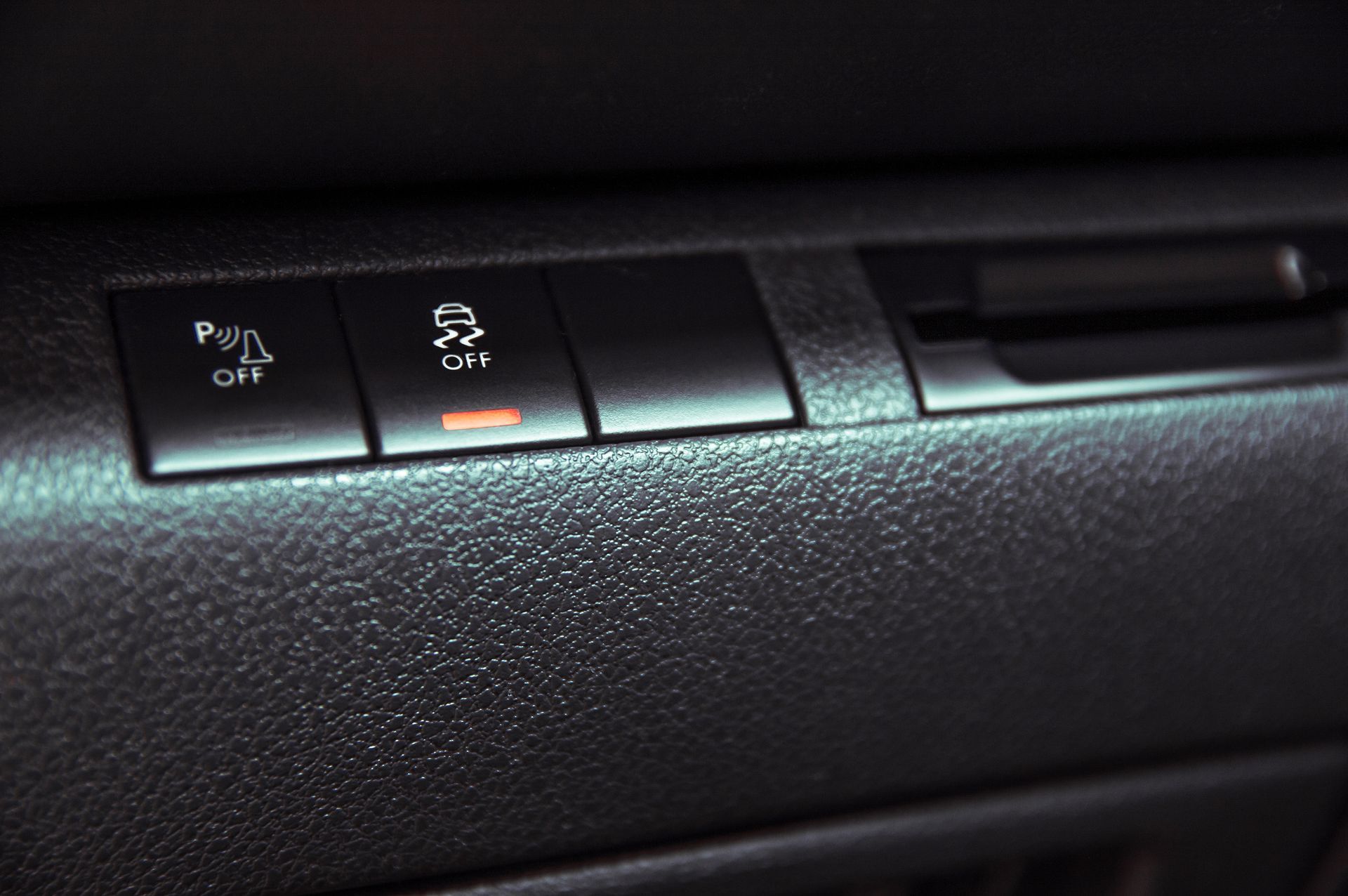Loading ...
Missing business hours data / Error occurred while getting the data.
Call Us Now :
Loading ...
Missing business hours data / Error occurred while getting the data.
Call Us Now :
How Does The Engine Know When To Inject Fuel and Air?
How Does The Engine Know When To Inject Fuel and Air?
Have you ever wondered about the intricate processes that occur within your vehicle's engine? One such process that often sparks curiosity is how the engine precisely knows when to inject fuel and air for combustion.
The Role of Sensors
At the heart of the engine's ability to regulate fuel and air injection lies a network of sensors that monitor various parameters. These sensors, including the mass airflow sensor, throttle position sensor, and oxygen sensor, act as the engine's eyes and ears, providing real-time data on factors such as air intake, engine load, and exhaust gas composition.
What Is An Electronic Control Unit (ECU)?
Central to the engine's ability to precisely time fuel and air injection is the Electronic Control Unit (ECU). This onboard computer continuously analyzes data from the sensors to calculate the optimal fuel-to-air ratio for combustion. By adjusting the duration and timing of fuel injection pulses, the ECU ensures that the engine operates efficiently under varying driving conditions.
Direct Injection vs. Port Injection
In modern engines, fuel injection can occur through two primary methods: direct injection and port injection. In direct injection systems, fuel is sprayed directly into the combustion chamber, allowing for greater control over fuel delivery and combustion efficiency. Conversely, port injection systems inject fuel into the intake manifold, mixing it with incoming air before entering the combustion chamber. Each approach offers its unique advantages in terms of performance, fuel economy, and emissions control.
What Is Variable Valve Timing (VVT)
Variable Valve Timing (VVT) technology further enhances the engine's ability to regulate fuel and air injection. By adjusting the timing of the intake and exhaust valves, VVT systems optimize airflow into and out of the combustion chamber, improving engine efficiency and power output. This dynamic control over valve timing allows the engine to adapt seamlessly to changing operating conditions, ensuring optimal performance across the entire RPM range.
Balancing Performance and Emissions
In addition to optimizing engine performance, modern fuel injection systems also play a crucial role in reducing harmful emissions. By precisely controlling the air-fuel mixture and combustion process, these systems minimize the production of pollutants such as nitrogen oxides (NOx) and hydrocarbons (HC). As environmental regulations become increasingly stringent, advancements in fuel injection technology continue to drive towards cleaner and more efficient engine operation.
Questions & Answers
How does the engine adjust fuel injection timing to accommodate changes in driving conditions?
The Electronic Control Unit (ECU) continuously monitors sensor data to calculate the optimal fuel-to-air ratio and adjust fuel injection timing accordingly.
Are aftermarket modifications available to enhance fuel injection performance and efficiency?
Yes, aftermarket performance tuners and fuel injection upgrades can offer increased power, improved fuel economy, and enhanced throttle response.
What role do fuel quality and octane rating play in the engine's ability to regulate fuel injection?
Higher-quality fuels with a higher octane rating can promote more efficient combustion and reduce the risk of engine knock or detonation.
Take care of your engine today, and enjoy a smooth ride! Aegis Auto Services is the answer to all things car-related for Fairfield locals.
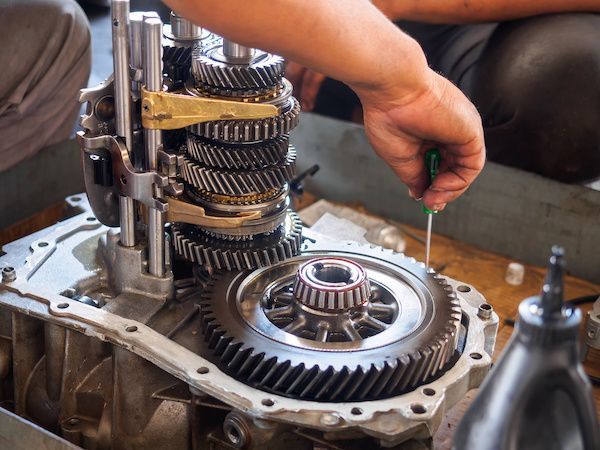
Loading ...
Missing business hours data / Error occurred while getting the data.
Loading ...
Missing nap lines data / Error occured while getting the data.


